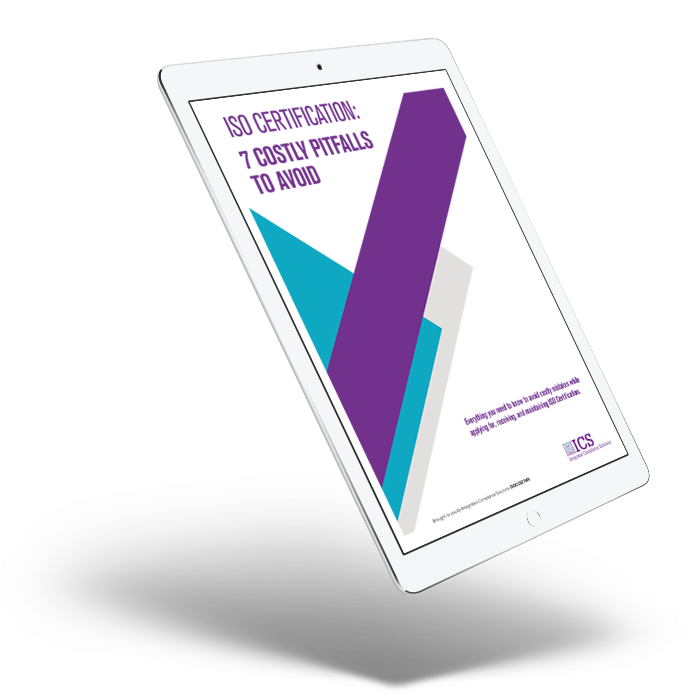While ISO Certification will help set you apart from competitors and bring in more business, the fact is that if your sole objective is to just achieve compliance, then ISO Certification is unlikely to give your company any improvement, as you are not applying the good business principles promoted in the standards to your everyday business practices.
A quality ISO-compliant business process should include the following:
- Clear documentation about your company, what it does, and how it does it
- Consistent procedures and practices
- Crystal clear, measurable objectives
- A culture and practice of continuous improvement
- Robust processes for meeting customer needs.
Certification is important, but so is maintaining the practices outlined in your documentation, to ensure ongoing conformance to ISO standards and to provide a better business experience to your clients.
In a nutshell, if you choose to proceed with a customised ISO certification approach (either completed in-house, or by qualified consultants), you will achieve greater results by improving the way your company does business, instead of just aiming for a certificate on the wall.
Did you know?
Besides assisting with ISO Certification, ICS can help create customised business practices and procedures.


